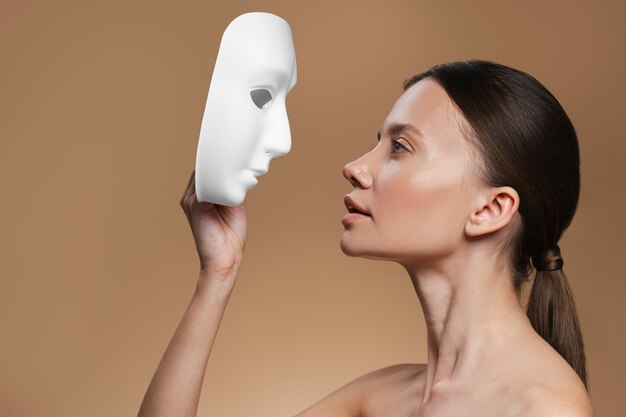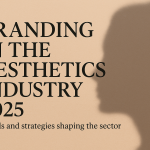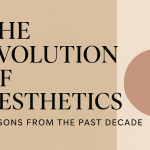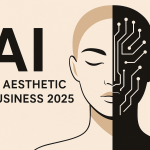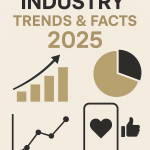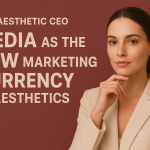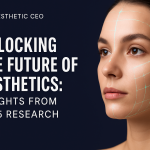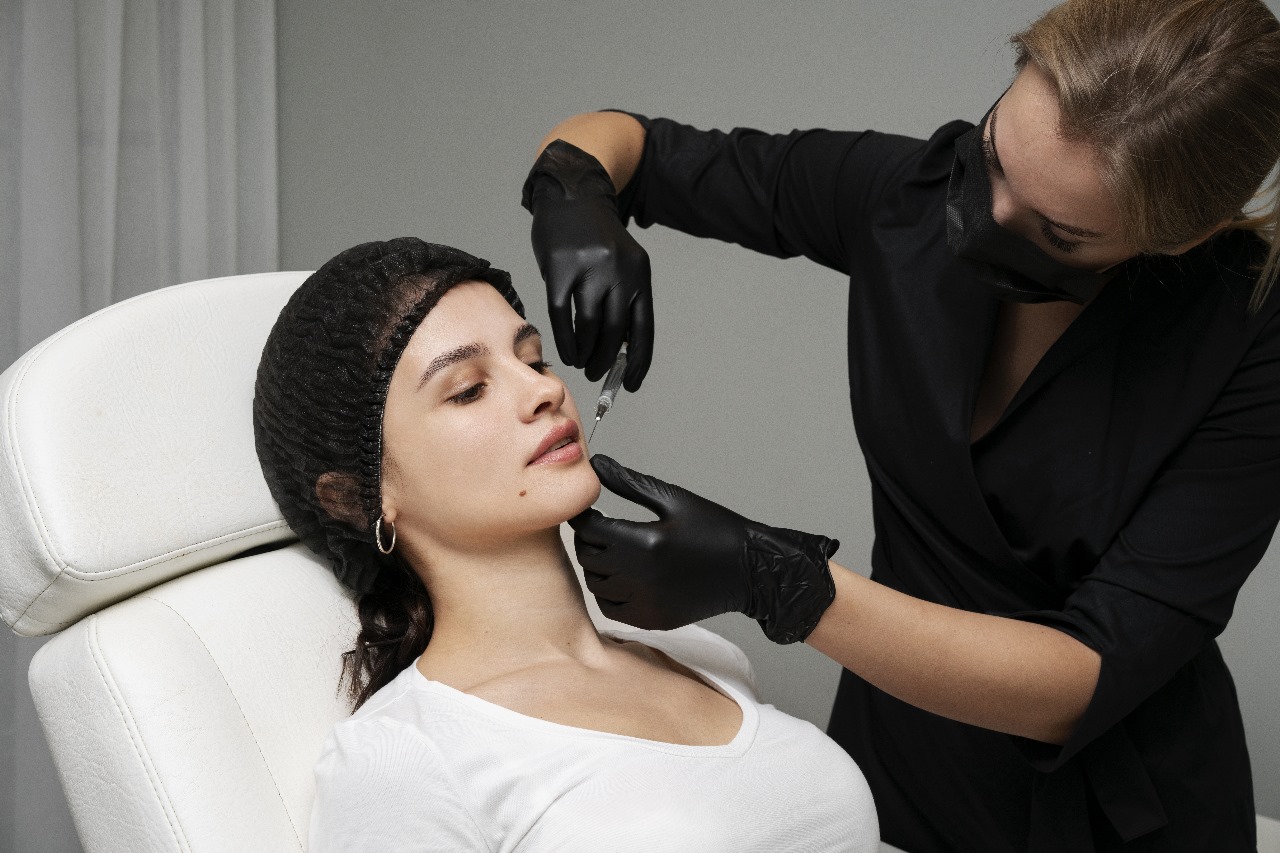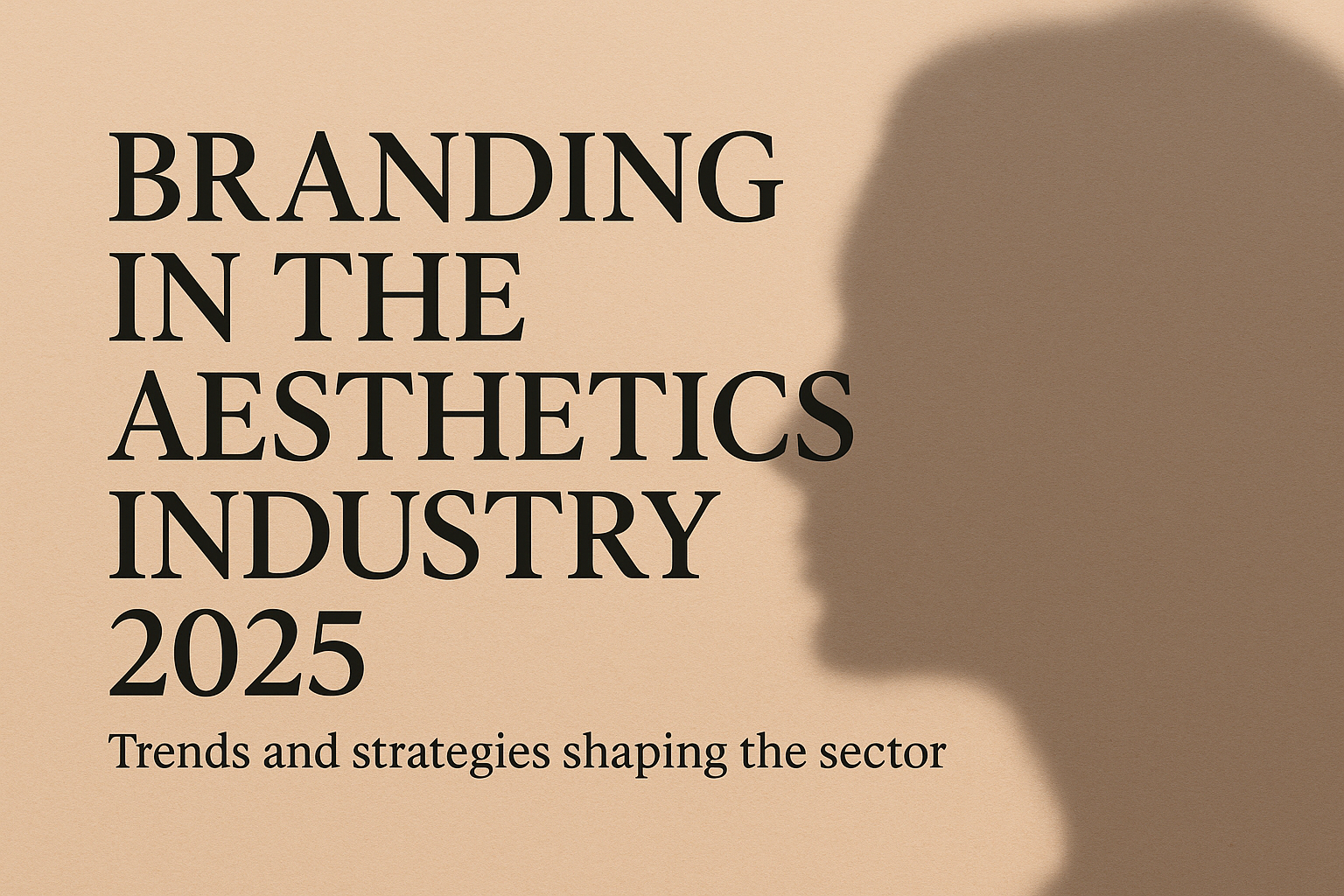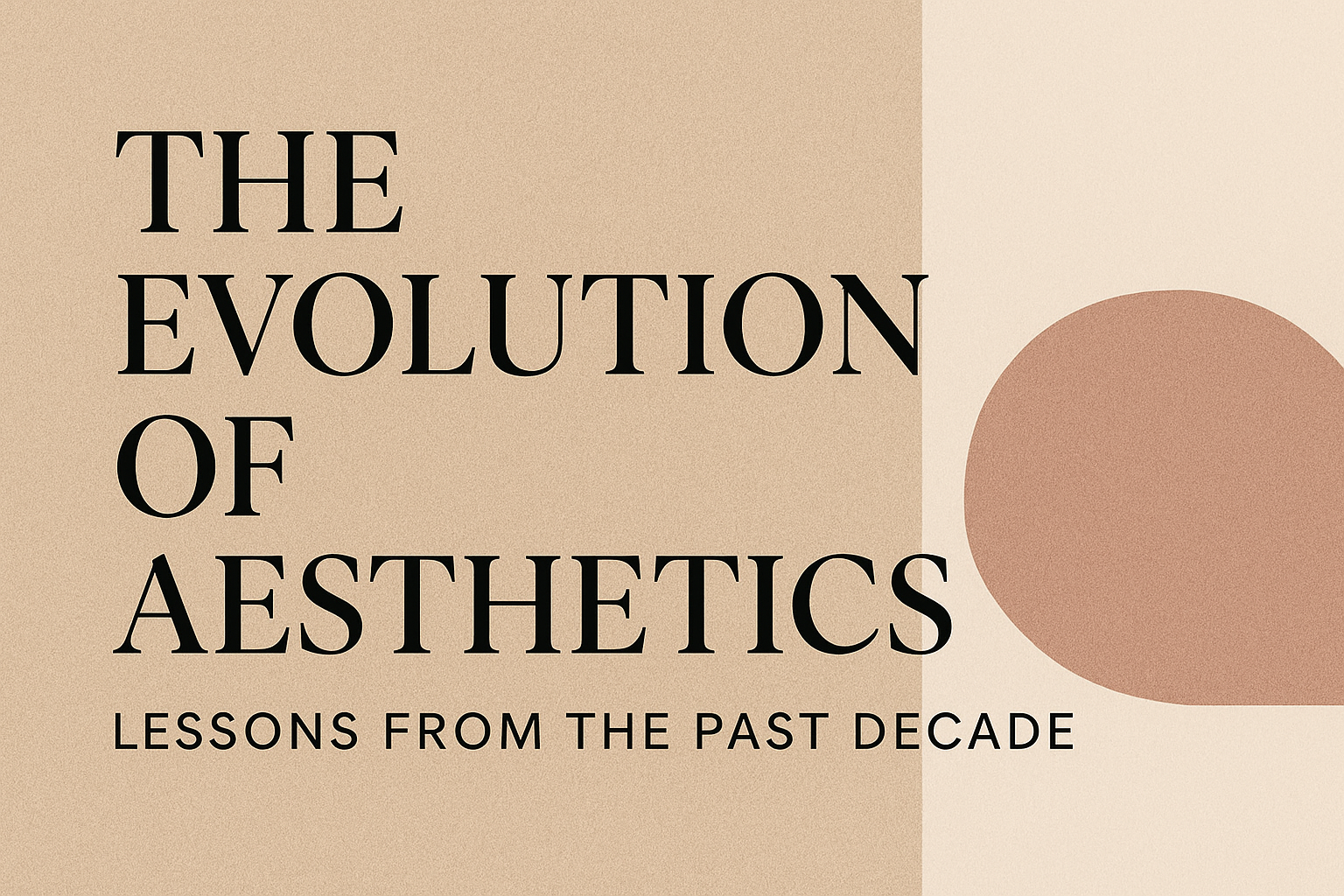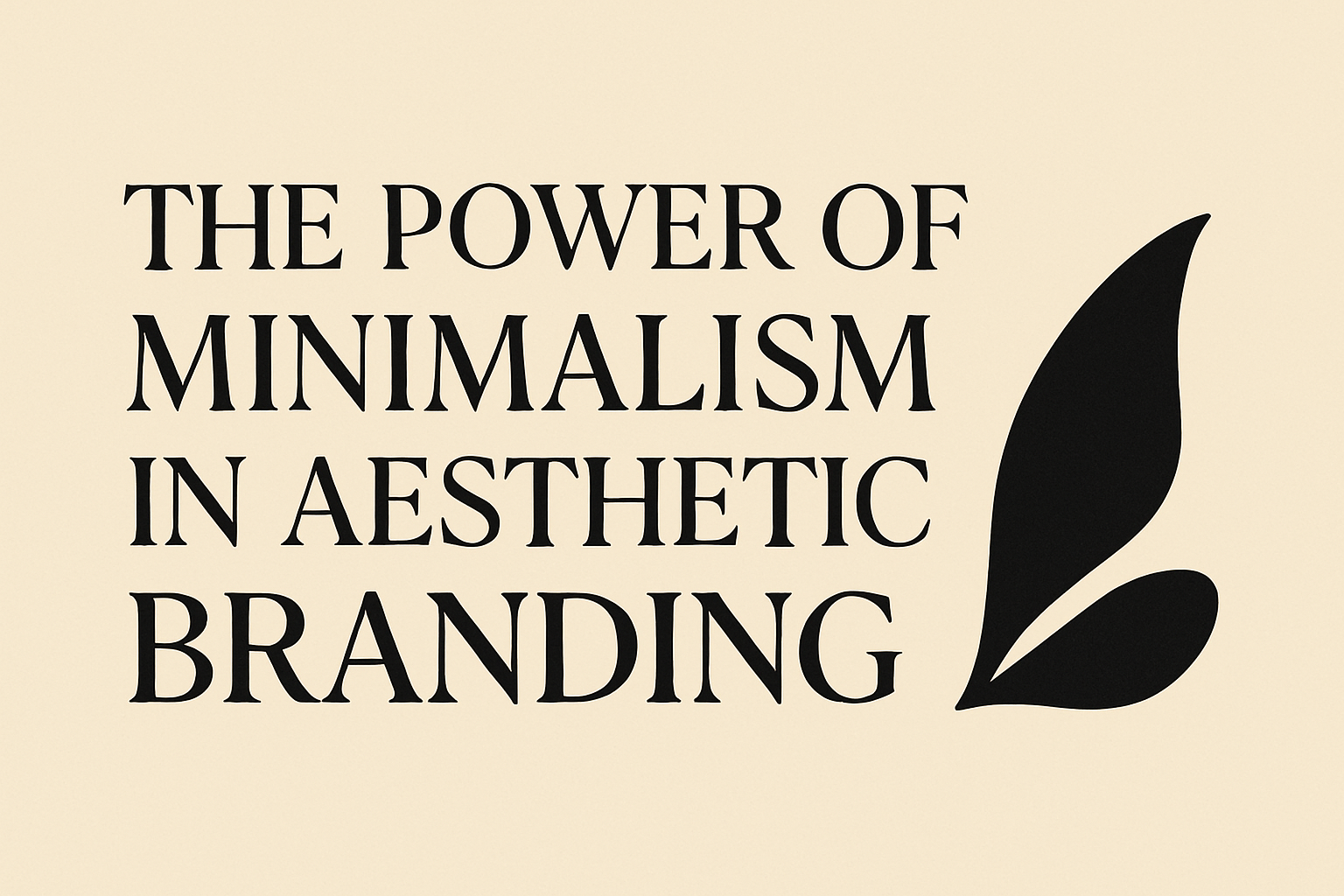The aesthetic industry is entering a new era, shaped by forces far greater than seasonal trends or treatment fads. Artificial intelligence, biotechnology, and the shifting demands of empowered consumers are converging to redefine beauty, reshaping not only what treatments are offered, but also how clinics operate and how individuals interact with aesthetics.
AI as the New Frontline of Aesthetic Care
Artificial intelligence is moving beyond chatbot consultations and into precision-driven personalization. Clinics are beginning to deploy AI for predictive skin diagnostics, algorithmic treatment planning, and even pre-visualization of outcomes. The shift is not merely technological—it represents a new dynamic where data, not guesswork, determines the path to aesthetic transformation.
Biotech’s Role in the Skin Revolution
The past decade gave rise to injectables and lasers; the next will belong to biotech. Stem-cell-based therapies, regenerative peptides, and DNA-driven skincare are on the brink of mainstream adoption. These innovations aim not just to correct but to regenerate—transforming aesthetic medicine from enhancement to biological restoration.
The Consumer as a Co-Architect of Beauty
Today’s patients are not passive recipients of treatments—they are stakeholders. Transparency, sustainability, and ethics are now as important as results. From demand for cruelty-free formulations to preference for clinics with eco-conscious operations, consumer power is pushing the industry toward accountability. In this environment, aesthetics is no longer a service but a dialogue.
The Convergence Ahead
What makes this transformation truly significant is convergence. Imagine a patient journey where AI analyzes skin health, biotech provides regenerative solutions, and consumer preferences shape delivery models—while technology ensures ethical and transparent outcomes. This triad of innovation signals a future where beauty is not prescribed but co-created.
Conclusion
The aesthetic industry is not merely evolving; it is undergoing a paradigm shift. For practitioners, it is a call to integrate technology and ethics into the heart of practice. For consumers, it is empowerment through knowledge, choice, and innovation. The future face of beauty is no longer about altering appearances—it is about aligning science, technology, and values to redefine what it means to look and feel human.

